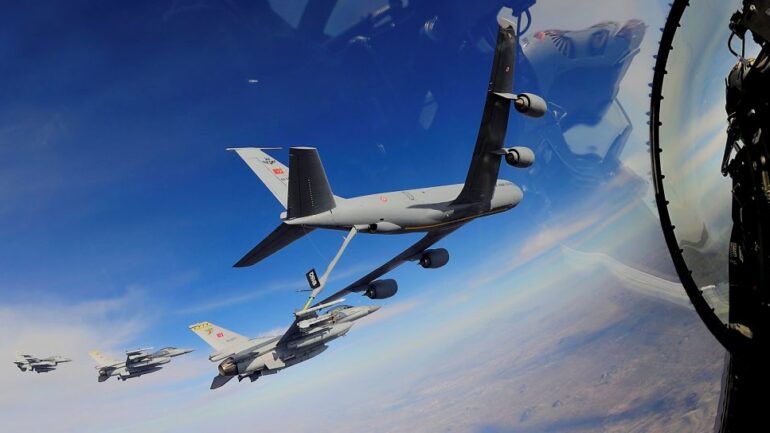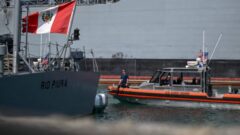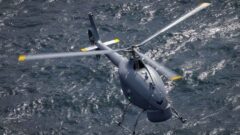Yunanistan’ın Tatbikat Planında FIR Hattını Kendi Hükümranlık Alanı Olarak Belirlemesi Üzerine Türkiye’nin Çekilmesi

Ramstein Flag 2024: A Crucial NATO Exercise Set in Greece
The Ramstein Flag 2024 exercise commenced on September 30, 2023, in Greece, showcasing the collaborative defense capabilities of NATO’s member nations. This significant event sees the participation of thirteen member countries, aiming to enhance interoperability and joint readiness among allied forces. The exercise is slated to conclude on October 11, 2023, and marks an important milestone in NATO’s ongoing commitment to collective defense.
The planning and execution of the Ramstein Flag 2024 exercise are crucial elements that enhance NATO’s operational readiness. Designed to simulate various combat scenarios, the exercise allows member nations to engage in joint training and to share best practices. This year’s event emphasizes air operations and coordination amongst allied forces, reflecting the evolving nature of modern warfare and the importance of seamless collaboration in air defense.
However, the exercise has not been without controversy. According to sources from Turkey’s Ministry of National Defense, complications have arisen regarding the use of Flight Information Regions (FIR). Greece has presented its FIR as a sovereign area, leading to requests for flight plans that necessitated diplomatic interventions by Turkey at NATO headquarters. This development underscores the complexities of regional military exercises where national sovereignty issues are in play.
Turkey’s NATO representatives have engaged in discussions to address these concerns, indicating that despite NATO authorities’ positive responses, the Greek government’s persistent stance has resulted in Turkey’s absence from the exercise. This situation highlights the sensitive nature of military collaborations in an area characterized by diverse geopolitical dynamics. Turkey’s non-participation not only affects its military contribution but also influences the overall framework of cooperation among NATO allies.
The Ramstein Flag exercise offers NATO member countries a unique opportunity to refine their operational strategies, ensuring that all forces are synchronized and prepared to respond to potential threats. Exercises like these often include realistic scenarios that test the limits of tactical and logistical capabilities, ultimately serving to strengthen relationships among allied nations. Each participating country brings its own set of skills, equipment, and strategies to the table, enhancing the collective proficiency of the NATO alliance.
As military drills of this magnitude unfold, they provide a critical platform for evaluating readiness, assessing response methodologies, and preparing for diverse operational challenges that may arise in real-world scenarios. The lessons learned from these exercises can significantly contribute to NATO’s ability to respond effectively to threats, whether they arise from state or non-state actors.
In addition to the operational implications, the exercise serves as a vital tool for fostering diplomacy among allied nations. Collaboration in such a high-stakes environment promotes understanding and sets the groundwork for potential conflict resolution scenarios. By engaging with one another, participating nations can navigate complex relationships and work toward mutual goals of security and stability.
Despite the setbacks faced due to diplomatic hurdles, the initiation of Ramstein Flag 2024 reflects NATO’s steadfast commitment to maintaining a robust defense posture in a fluctuating global landscape. The exercise not only reinforces the alliance’s capacity but also underscores the importance of dialogue and cooperation in overcoming challenges that may arise among member states.
In conclusion, as Ramstein Flag 2024 progresses, NATO member countries will continue to focus on enhancing their collective readiness and operational effectiveness. The outcomes of this significant exercise will undoubtedly shape future military engagements and cooperative efforts. As global security dynamics continue to evolve, the importance of such exercises cannot be overstated, ensuring that NATO remains prepared to address any challenges that may arise in the future while fostering lasting partnerships among its members.


